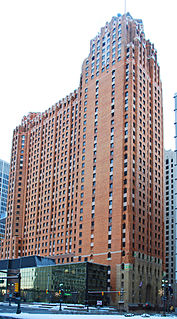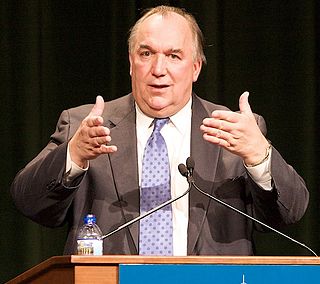
John Mathias Engler is an American businessman and member of the Republican Party who was elected to serve three terms as the 46th Governor of Michigan from 1991 to 2003. He later worked for Business Roundtable, where The Hill called him one of the country's top lobbyists.

The United States presidential election of 1884 was the 25th quadrennial presidential election, held on Tuesday, November 4, 1884. It saw the first election of a Democrat as President of the United States since 1856. Governor Grover Cleveland of New York defeated Republican James G. Blaine of Maine.
Earl Farwell Dodge, Jr. was a long-term temperance movement leader and a politician of the Prohibition Party, from the U.S. state of Colorado.
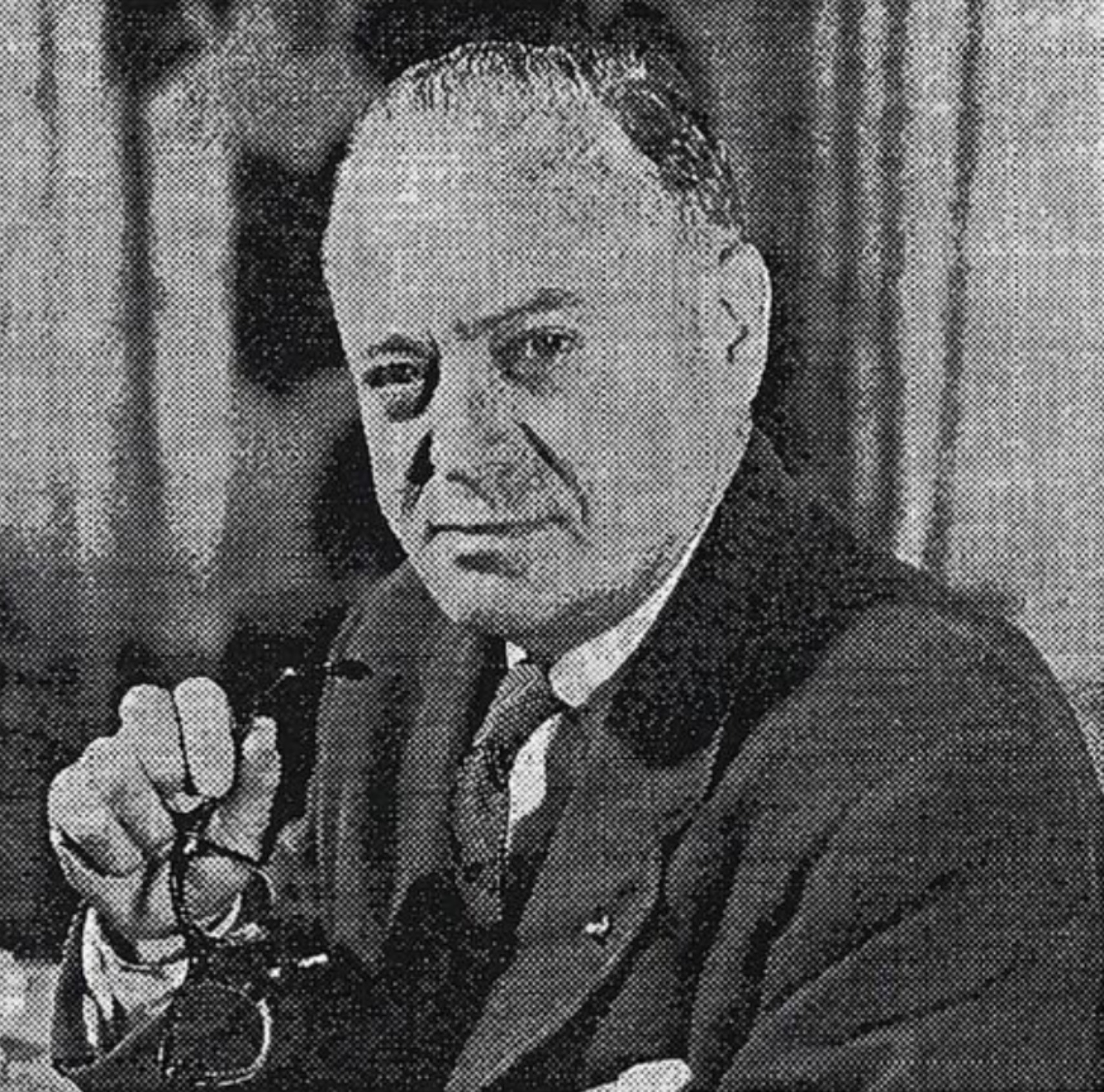
The 1952 United States Senate elections was an election for the United States Senate which coincided with the election of Dwight D. Eisenhower to the presidency by a large margin. The Republicans took control of the senate by managing to make a net gain of two seats, which was reduced to one when Wayne Morse (R-OR) became an independent. The Republicans still held a majority after Morse's switch. This election was the second time in history that the party in power lost their majority and the Senate Majority Leader lost his own re-election bid.
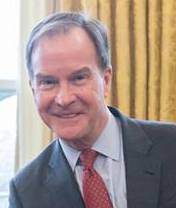
William Duncan Schuette is an American lawyer and politician who served as the 53rd Attorney General of Michigan from January 1st, 2011 to January 1st, 2019 He was the unsuccessful Republican nominee for Governor of Michigan in the 2018 gubernatorial election, losing to Democrat Gretchen Whitmer.

Brenda Lulenar Lawrence is an American Democratic politician and member of the United States House of Representatives who previously served as the Mayor of Southfield, Michigan from 2001 to 2015. The Democratic nominee for Oakland County Executive in 2008 and for lieutenant governor in 2010, she was elected U.S. Representative for Michigan's 14th congressional district in 2014. The district includes most of eastern Detroit, and stretches west to take in portions of Oakland County, including Lawrence's home in Southfield.
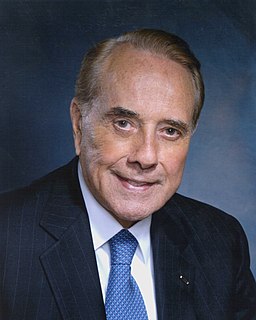
The 1996 Republican presidential primaries were the selection process by which voters of the Republican Party chose its nominee for President of the United States in the 1996 U.S. presidential election. Former Senator Bob Dole of Kansas, former Senate Majority Leader was selected as the nominee through a series of primary elections and caucuses culminating in the 1996 Republican National Convention held from August 12 to August 15, 1996, in San Diego, California.

The Michigan gubernatorial election of 2010 was held on November 2, 2010. Incumbent Democratic Governor Jennifer Granholm was prohibited by the state's Constitution from seeking a third term. This resulted in a large pool of candidates which was whittled down, when the May 11 filing deadline passed, to two Democrats and five Republicans. Both the Cook Political Report and the non-partisan Rothenberg Political Report rated the election as leaning Republican.

The 2000 Republican presidential primaries were the selection process by which voters of the Republican Party chose its nominee for President of the United States in the 2000 U.S. presidential election. Texas Governor George W. Bush was selected as the nominee through a series of primary elections and caucuses culminating in the 2000 Republican National Convention held from July 31 to August 3, 2000, in Philadelphia, Pennsylvania.

The 1982 Michigan gubernatorial election was held on November 2, 1982.

The Michigan gubernatorial election of 2002 was one of the 36 United States gubernatorial elections held on November 5, 2002. Incumbent Republican Governor John Engler, after serving three terms, had stepped down and was not running for a fourth term; his lieutenant governor Dick Posthumus, also a Republican, ran in his place. Jennifer Granholm, then Attorney General of Michigan, ran on the Democratic Party ticket. Douglas Campbell ran on the Green Party ticket, and Joseph M. Pilchak ran on the Constitution Party ticket.

The 1990 Michigan gubernatorial election was held on November 6, 1990, to elect the Governor and Lieutenant Governor of the state of Michigan. John Engler, a member of the Republican Party and State Senate majority leader, was elected over Democratic Party nominee James Blanchard, who was seeking his third term. In what turned out to be one of the closest elections in recent Michigan history, Engler won by a 17,000 vote margin. The voter turnout was 38.6%.

The 1978 Michigan gubernatorial election was held on November 7, 1978. William Milliken was elected to his third term as Michigan Governor.
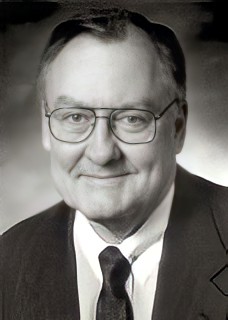
Gubernatorial elections were held in Illinois on November 2, 1976. Incumbent Governor Dan Walker lost renomination in favor of Secretary of State Michael J. Howlett, who was a Daley ally. Howlett then lost the general election to Republican James R. Thompson. This election was for a two-year term which would synchronize future gubernatorial elections with midterm election years, rather than presidential election years.

The 1970 Michigan gubernatorial election was held on November 3, 1970. Republican William Milliken won the election, defeating Democrat Sander Levin.

United States gubernatorial elections were held 6 November 1962 in 35 states, concurrent with the House and Senate elections.

United States gubernatorial elections were held on 8 November 1960, in 27 states concurrent with the House, Senate elections and presidential election.
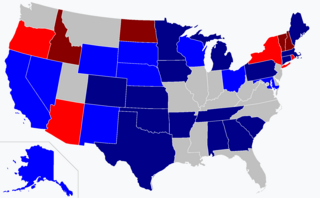
United States gubernatorial elections were held in 1958, in 34 states, concurrent with the House and Senate elections, on November 4, 1958. Alaska held its first gubernatorial election on achieving statehood.





